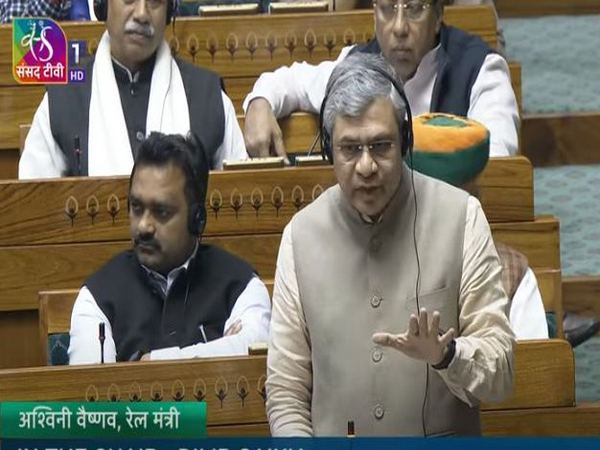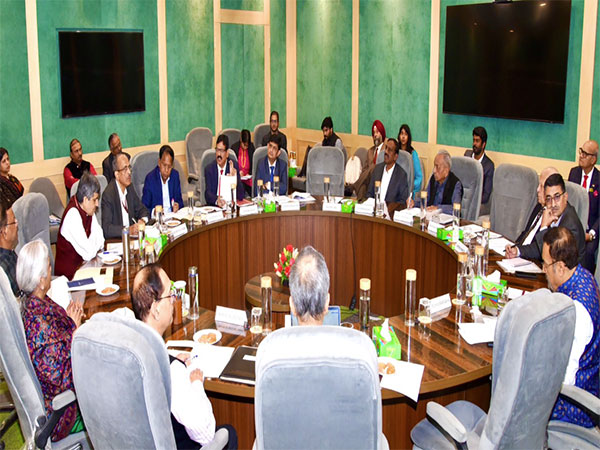
New Delhi [India], December 6 (ANI): Emerging technologies like AI, blockchain, and data analytics, coupled with a growing need for cybersecurity and compliance experts are driving the hiring patterns in the Banking, Financial Services, and Insurance (BFSI) sector, according to a report by TeamLease Staffing.
The report added that the continued job growth is propelled by digital transformation, changing regulatory landscapes, and initiatives aimed at enhancing financial inclusion.
According to the report, the job opportunities are expected to rise by 7.5 per cent in the fintech industry, spurred by the widespread embrace of digital payments, blockchain innovations, and the growth of open banking systems.
While 62 per cent of companies foresee expansion, key roles such as blockchain developers, product innovation managers, and cyber risk analysts are in high demand to support the development of digital-first products and enhance user experiences.
The banking sector is also experiencing a 7.3 per cent net increase in employment. Growth is largely fueled by regulatory changes like the RBI’s digital lending guidelines, the rise of Environmental, Social, and Governance (ESG) reporting, and cost optimization efforts through branch rationalization, the report added.
Banks are prioritizing recruitment in areas such as compliance, digital product management, and AI-enhanced fraud detection to facilitate a transition towards more digital-centric services while still upholding traditional banking practices, the report added.
According ot the report, the Non-Banking Financial Companies (NBFCs) are also witnessing steady growth, with a 5.1 per cent net rise in employment.
Approximately 63 per cent of NBFCs anticipate further expansion as they adjust their strategies to comply with new regulatory standards and strengthen their digital lending offerings. The demand for credit risk analysts, digital lending managers, and compliance experts is on the rise as these companies expand their reach into underserved regions, as per the report.
The insurance industry, showing more modest growth at 2.0 per cent, is increasingly focused on leveraging technologies like AI, big data, and insurtech to refine risk modeling and customer engagement strategies.
Hiring in this sector is concentrated in roles such as actuarial experts, data scientists, and customer experience managers as insurers strive to improve efficiency and market penetration.
As digital transformation reshapes the BFSI sector, demand for specialized skills in technology, cybersecurity, and regulatory compliance is expected to continue driving employment growth across various sub-sectors.
Observing the job market in the sector, Krishnendu Chatterjee, VP and Business Head of TeamLease said, “We’ve observed an important inflection point for workforce dynamics in India. Beyond the numbers, what stands out is the increasing interdependence of technological adoption and workforce efficiency. Industries are no longer just hiring to meet headcount goals but are strategically aligning workforce skills with evolving business models.”
He added that the trends suggest that workforce growth is becoming more qualitative, where productivity, innovation, and adaptability are as critical as expansion.
The report highlights a growing adoption of outsourcing models by banks for low-end, routine tasks in the BSFI sector.
While digital transformation is accelerating in urban areas, customer-facing roles in rural and semi-rural regions remain crucial due to slower tech penetration.
Banks are focusing on hiring for customer service and operational support positions, such as data entry, in these areas, the report added.
As per the report thousands of new positions expected in the next six months in the banks, however the future recruitment will be more cautious due to associated risks.
It further highlights that expansion of the high-end BPO/GCC (Global Capability Centers) space is another significant trend which continues to experience workforce growth, particularly in the operational and consumer-facing segment. (ANI)


















